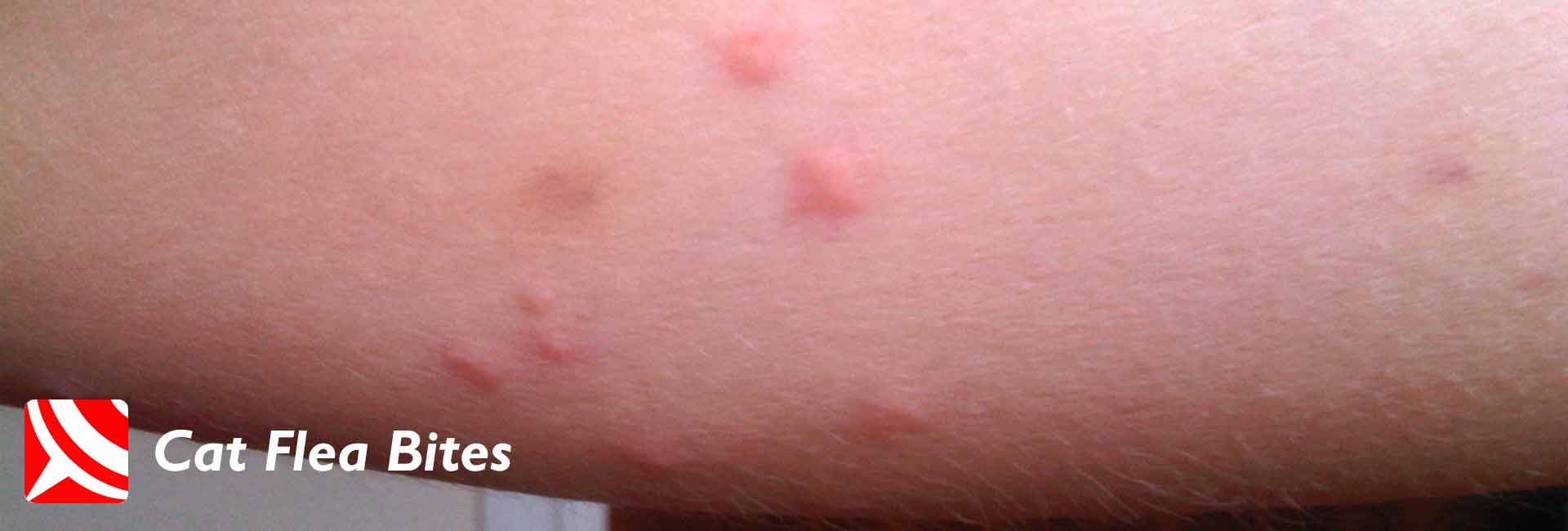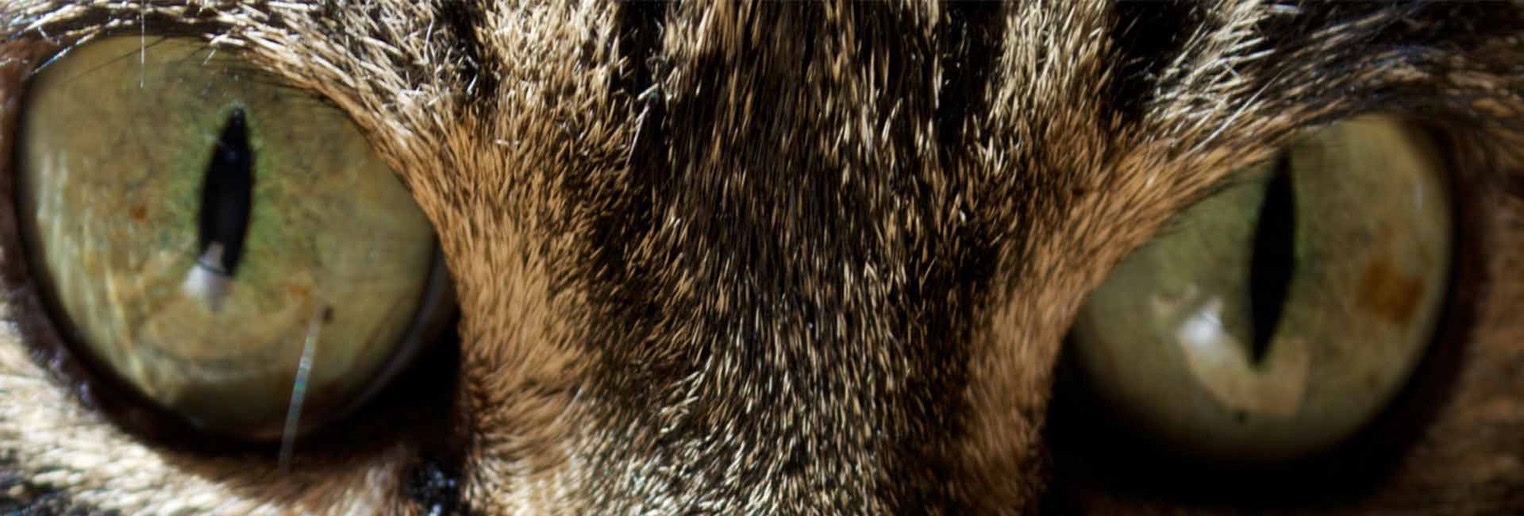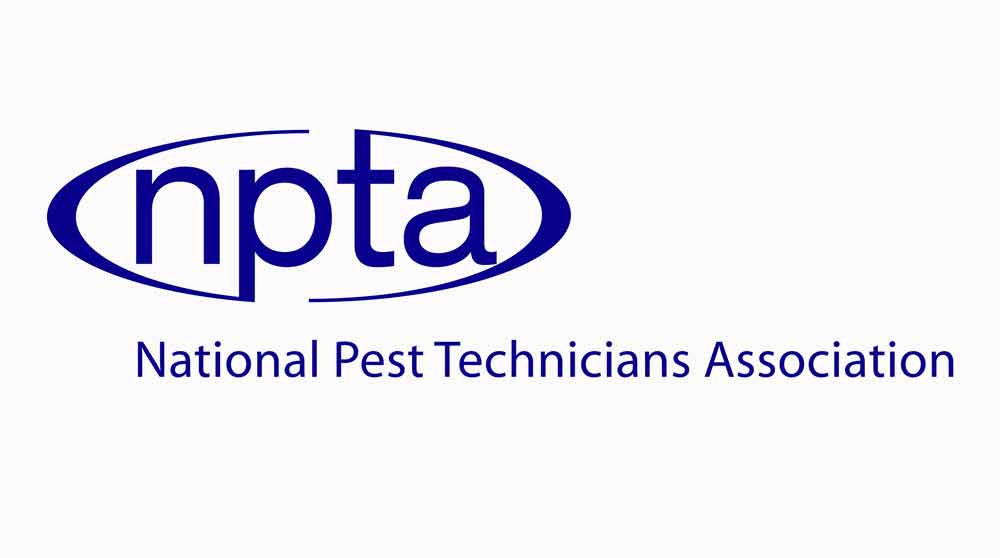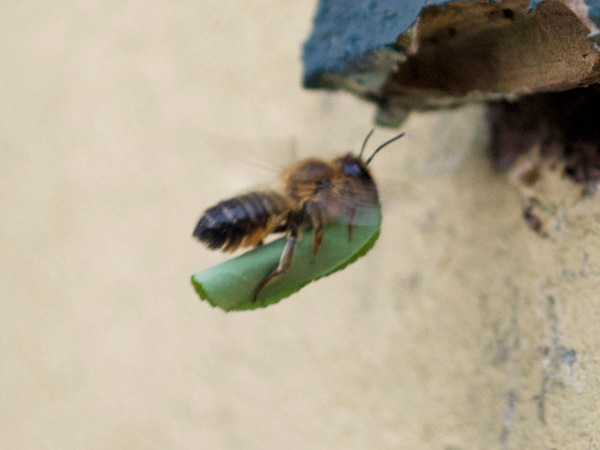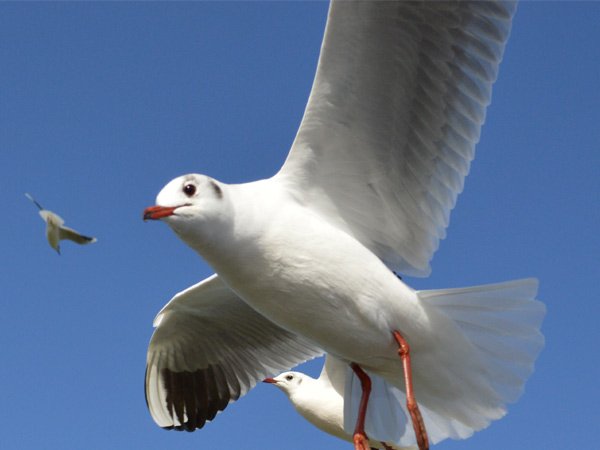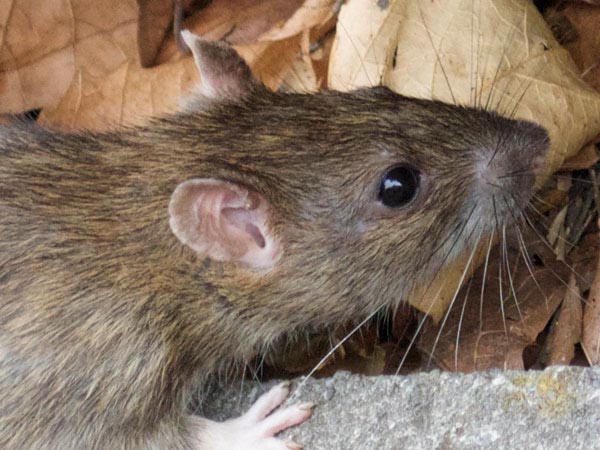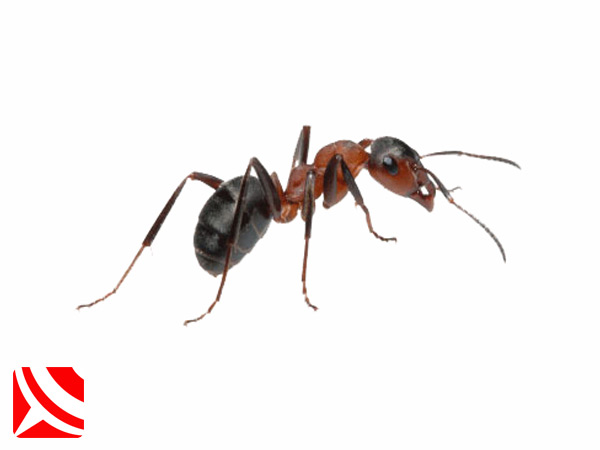Solve your Dog Flea problems Today : 0117 303 5181
Dog Flea Control - FAQ's
Bristol Dog Flea Control: Dog Fleas (Ctenocephalides canis) are distinctive from other insects in a number of key ways - Dog fleas are quite small, flattened external parasites that are a few millimetres long, appearing brown in colour especially once fed when they become a richer mahogany shade.
In terms of size they are about 1.5 - 2mm long with backward facing hairs that allow them to move easily through the victims (hosts) hair where they feed on the hosts blood.
the other significant features are the incredible jumping range and a distinctive dark brown to black eye on the head. In the picture above you can clearly see the powerful rear legs and claws on the ends of the legs for grasping the hosts flesh, ensuring they have a firm purchase whilst they feed.
The dog flea takes about three weeks to run thorough the various stages of it's life cycle or metamorphosis from egg, to larvae, to pupae and finally adult biting flea. This can of course be strongly influenced by environmental conditions so in very warm conditions with appropriate humidity the flea can mature through this process in just over a week.
Once the female has successfully fed she will begin egg laying and she can will lay as many as 4000 eggs over the coming days.
Why Should I treat Dog Fleas?
Dog fleas (Ctenocephalides canis) are about the most abundant species of flea in the UK, second only to the cat flea, and like the cat flea, this fleas bite is the very least of your worries.
These insects might simply feed on your blood, but the reaction some of us have to the substances in the fleas saliva often cause us to scratch the bite site (pruritus), causing the skin to scab over, and infected skin lesions to form and permanent scarring as a direct consequence.
In some circumstances large infestations can remove so much of the hosts blood that the problem can even lead to clinically significant anaemia, although fortunately this is rare.
Flea Transmitted Disease
So this all makes sense so far but what happens if you swallow a flea? Probably nothing - but suppose you are a child and your digestive system is not so robust as a healthy adult - guess what's coming in with the infected flea? You likely thought disease, but it's the developing stages of an 18inch long tape worm called a cucumber worm (Dipylidium caninum).
Freaked out yet, you should be. Fleas have some amazing traits but they always come with a warning, because it's often the children or other vulnerable people in your home that are at the greatest risk from flea borne parasitic, viral and bacterial infection. Infection is not common, but becomes more likely in premises were fleas are only partially controlled if at all.
Partial control is a very common problem and the costs of doing a little every so often, very often heavily surpasses the costs of a professional treatment like ours that uses the very best approach with the very safest and advanced control methodology.
Bristol Flea Control: CALL - 0117 303 5181
Bristol Pest Control ServicesLocal Places And Areas Our Pest Control Service Covers
Bristol - Clevedon - Portishead - St Annes - St Pauls - St George - Sneyd Park - Fishponds - Eastville - Easton - Frenchay - Filton - Westbury - Stoke Bishop - Stoke Park - Southville - Long Ashton - Patchway - Bradley Stoke
